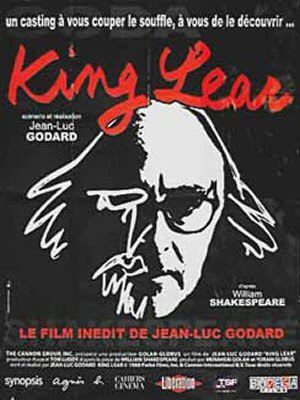
Then As I’m sure has become apparent, in the years before the internet, or at least I had proper access to the internet, finding Woody Allen films in Liverpool, at least the more “obscure” works, was rather like trying to seek out new Beatles recordings in the Soviet Union. The local HMV always had the likes of Manhattan and Annie Hall in the video section, perhaps some of the earlier, funny ones, but not Zelig, unless there were dozens of rabid fans grabbing copies before I got there. But I’d keep checking. Eventually September turned up in the Virgin Megastore and I snapped it up at full price, even though I was unemployed. Excitedly I watched it that afternoon. God, I was bored. I liked the house (apparently modelled on Mia’s own property) but throughout I wondered: “Who are these people? Why do I care about their problems?”
Now, I found it a deeply moving film with intelligently selected music (the Art Tatum is available on Spotify. Granted, it’s essentially a soap opera featuring middle class people and their relationship issues, no more visceral than an average episode of Eastenders (based on the one episode of Eastenders I’ve watched this decade) but there’s something very British about how all of the character’s emotions are pent up and though people say what they’re really feeling, it’s stuttering and piecemeal and always forbidden. I identified somewhat with Mia’s character, not because of her murderous matriarch, but the lack of inertia and the desperate personal disappointment of being profoundly unable to take the next step. Any similarity to Denham Elliot who seems to be on the edge of the drama also turning up at the end of scenes having missed the context and being left with the emotional clear-up is purely coincidental.
Famously, September is the film which Woody preoduced twice, one of the few occasions when a remake has been released without its predecessor seeing the light of day. The original version of September was shot and edited with Christopher Walken then Sam Shepherd as Peter, Maureen O'Sullivan as Diane and Charles Durning as Howard. Woody wasn’t happy with the results, some of the performances and also how he’d paced some of the scenes, so instead of using his four week pick-up period to retool what he already had, he went back in and rewrote and reshot the film all over again with Sam Waterson, Elaine Stritch and Denholm Elliott in the aforementioned roles which must have been a strange process for the remaining cast members, if fairly analogous to a theatre production where actors come and go all of the time. I’ve always wondered how Shephard, O’Sullivan and Durning found out that their collaboration with Woody Allen would never see the light of day …

